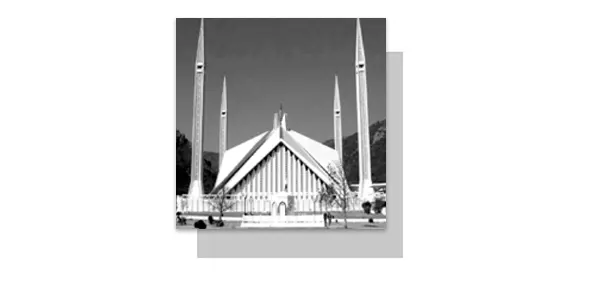THE sacred month of Ramadan is a divine gift, a spiritual retreat and a moral rejuvenation program meticulously de-signed by Allah Almighty to help believers realign their lives with His commandments.
It offers a much-needed pause from the distractions of the world, providing a golden opportunity to purify the soul, refine character and strengthen faith.
Fasting, or Roza, is far more than abstaining from food and drink; it is a rigorous course in self-discipline, patience and unwavering devotion.
Through fasting, believers are reminded of their purpose in life and their commitment to Allah. In His infinite wisdom, Allah has designated Ramadan as a month of boundless mercy and forgiveness, allowing believers to seek Him with purified hearts. The Holy Quran declares: “O you who have believed, decreed upon you is fasting as it was decreed upon those before you that you may become righteous.” (Surah Al-Baqarah 2:183). This verse highlights the ultimate purpose of fasting—attaining righteousness. Ramadan acts as a mirror, reflecting one’s moral and spiritual shortcomings while providing the means for self-correction. It temporarily removes the distrac-tions that divert a believer from piety, enabling a complete focus on seeking Allah’s pleasure and following the teachings of the Holy Prophet Muhammad (PBUH).
The physical act of fasting serves as a symbol of self-restraint, fostering a heightened awareness of one’s actions, words and intentions. It is a time to reconnect with Allah, seek His forgiveness and strive for spiritual growth. Beyond its spiritual benefits, fasting during Ramadan also enhances physical well-being. Medical science acknowledges the numerous health advantages of intermittent fasting, including improved metabolism, detoxification and a strengthened immune system. Research suggests that fasting reduces the risk of chronic conditions such as diabetes, heart disease and obesity while simultaneously promoting mental clarity and emotional stability. This dual benefit, both spiritual and physical, highlights the divine wisdom behind fasting, making it an essential act of devotion and self-care.
Ramadan’s transformative power extends beyond personal piety, cultivating virtues such as patience, humility, generosity and kindness. The hunger and thirst experienced during fasting serve as a reminder of the hardships faced by the less fortunate, fostering empathy and encouraging charitable acts. Fasting also provides an opportunity to break free from harmful habits and vices. Whether it be dishonesty, gossip, arrogance, or neglecting worship, Ramadan offers a structured environment to abandon such negative behaviours. The Prophet (PBUH) emphasized the importance of ethical conduct while fasting: “Whoever does not give up false speech and evil deeds while fasting, Allah is not in need of his leaving his food and drink.” (Sahih Bukhari, 1903). This Hadith reinforces the idea that true fasting extends beyond physical abstinence—it necessitates guarding one’s tongue from harmful speech, one’s eyes from forbidden sights and one’s heart from hatred and envy.
Ramadan also instills a profound sense of accountability. The heightened consciousness of one’s actions during this month extends beyond fasting hours, leading to a lasting commitment to righteousness. When a person successfully exercises self-control over desires and refrains from sinful actions for a month, they become better equipped to resist temptations throughout the year. This self-discipline nurtured during Ramadan lays the foundation for a more pious and disciplined life. The true measure of success in Ramadan lies in the transformation it brings to one’s character. Ramadan provides an opportunity to develop patience in hardship, gratitude for blessings and sincerity in worship. It is a training ground for humility, reminding believers that worldly possessions are temporary and that true success lies in seeking Allah’s pleasure.
Additionally, Ramadan strengthens the unity of the Muslim Ummah. The collective experience of fasting, offering Taraweeh prayers and sharing meals with family and the less fortunate fosters a sense of brotherhood and social harmony. As Ramadan draws to a close, the true challenge begins—maintaining the spiritual progress achieved during the month. The habits developed, such as regular prayers, Quran recitation and charitable acts, should not be abandoned but rather carried forward as a foundation for continued self-improvement. Allah’s mercy and guidance are not limited to Ramadan; His doors of forgiveness remain open throughout the year. In essence, Ramadan serves as a divine refresher course in a believer’s life. It is a period of renewal, a chance to re-align with divine teachings and an opportunity to cleanse the soul from impurities. This sacred month is a divine gift, a means of redemption and a pathway to eternal success. Let us embrace Ramadan not merely as a time of ritual fasting but as a profound spiritual awakening, embodying the principles of Islam in our daily lives. May Allah enable us to maximize the benefits of Ramadan and grant us His mercy and guidance.
—The writer is contributing columnist, based in Islamabad.
(ememiqbal68@gmail.com)










